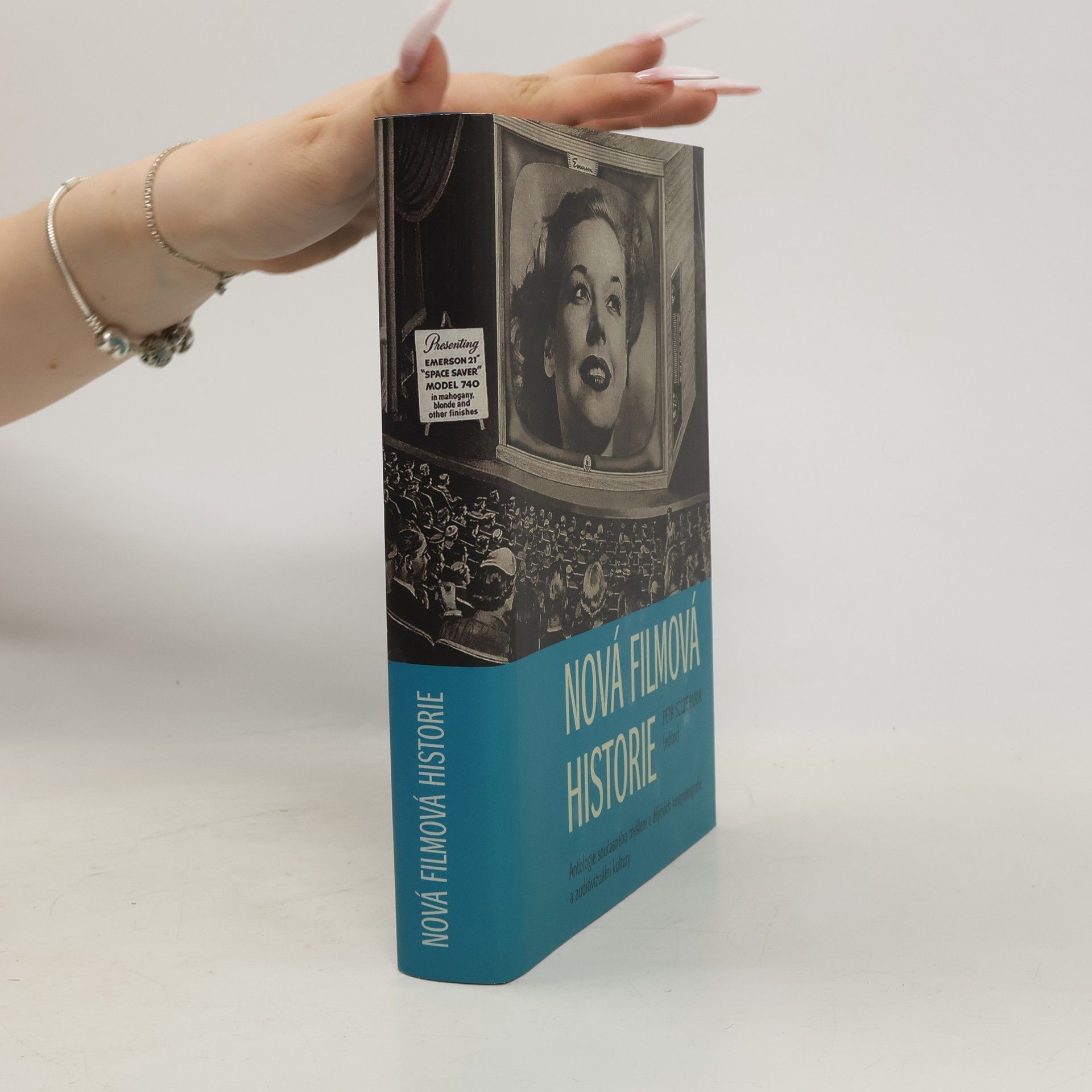Továrna Barrandov Petra Szczepanika (s podtitulem Svět filmařů a politická moc 1945 – 1970) se nezabývá se jen výjimečnými herci a režiséry, ale celým „světem filmu“, jeho organizací práce, vnitřním sociálním životem, nepsanými pravidly a konflikty s politickou mocí. Jak filmaři přemýšleli a tvořili v dobách, kdy si stát uzurpoval roli monopolního filmového výrobce a komunistická strana rozhodovala o kulturní hodnotě filmů i kariérách jejich tvůrců? Jak reagovali na nápad aparátčíků udělat z filmových studií továrnu, která bude vyrábět podle stejných plánů a norem jako těžký průmysl?
Petr Szczepanik Book order (chronological)

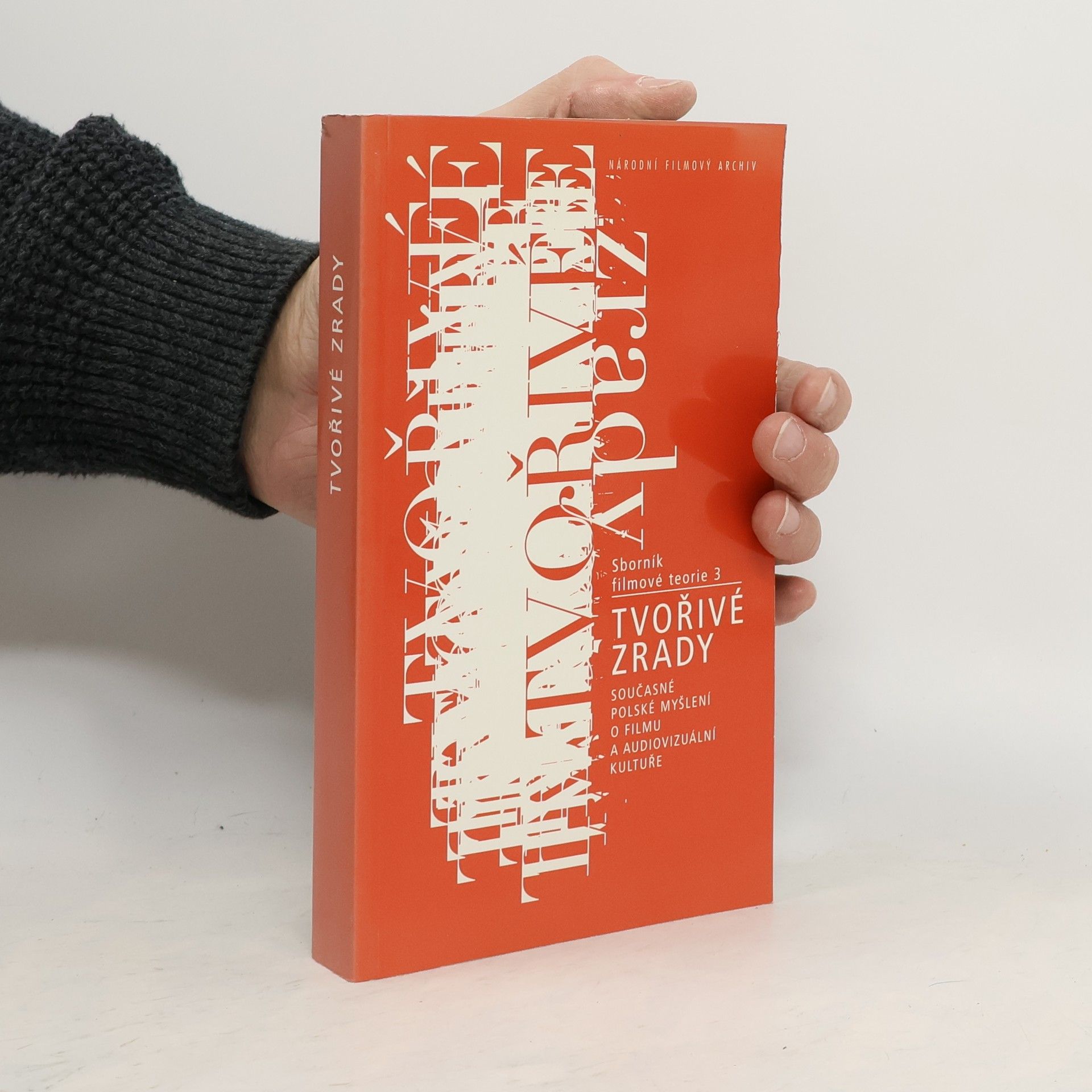
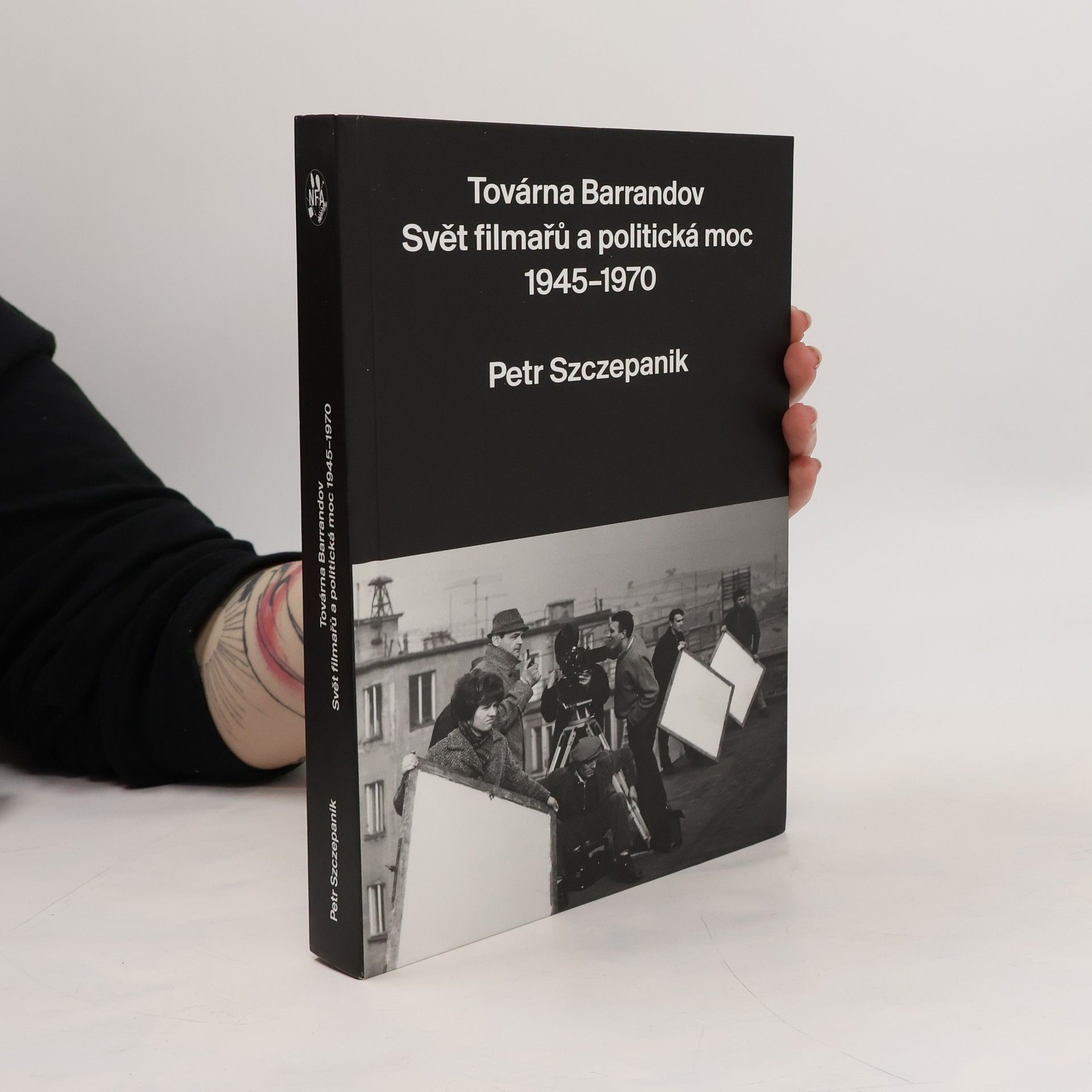
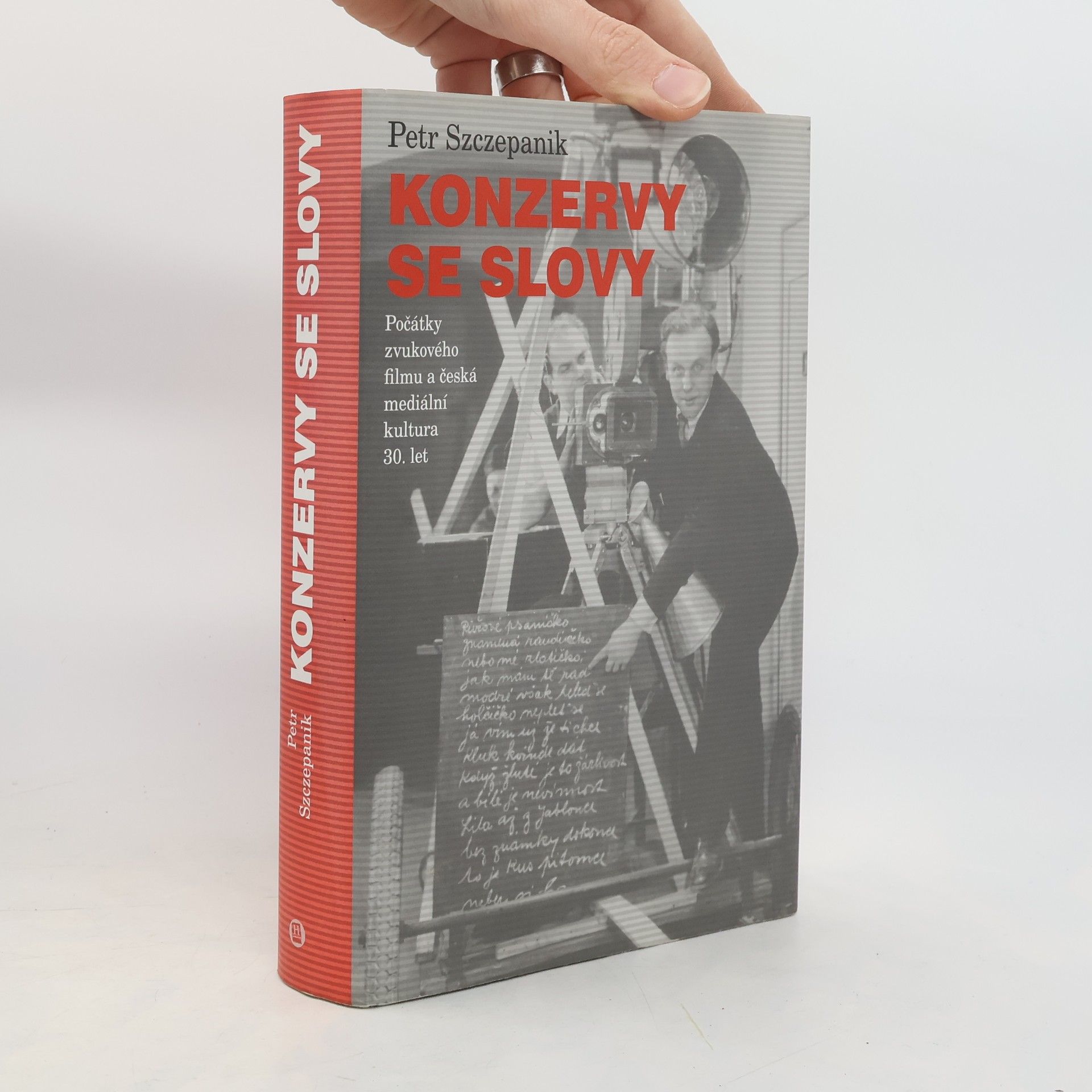
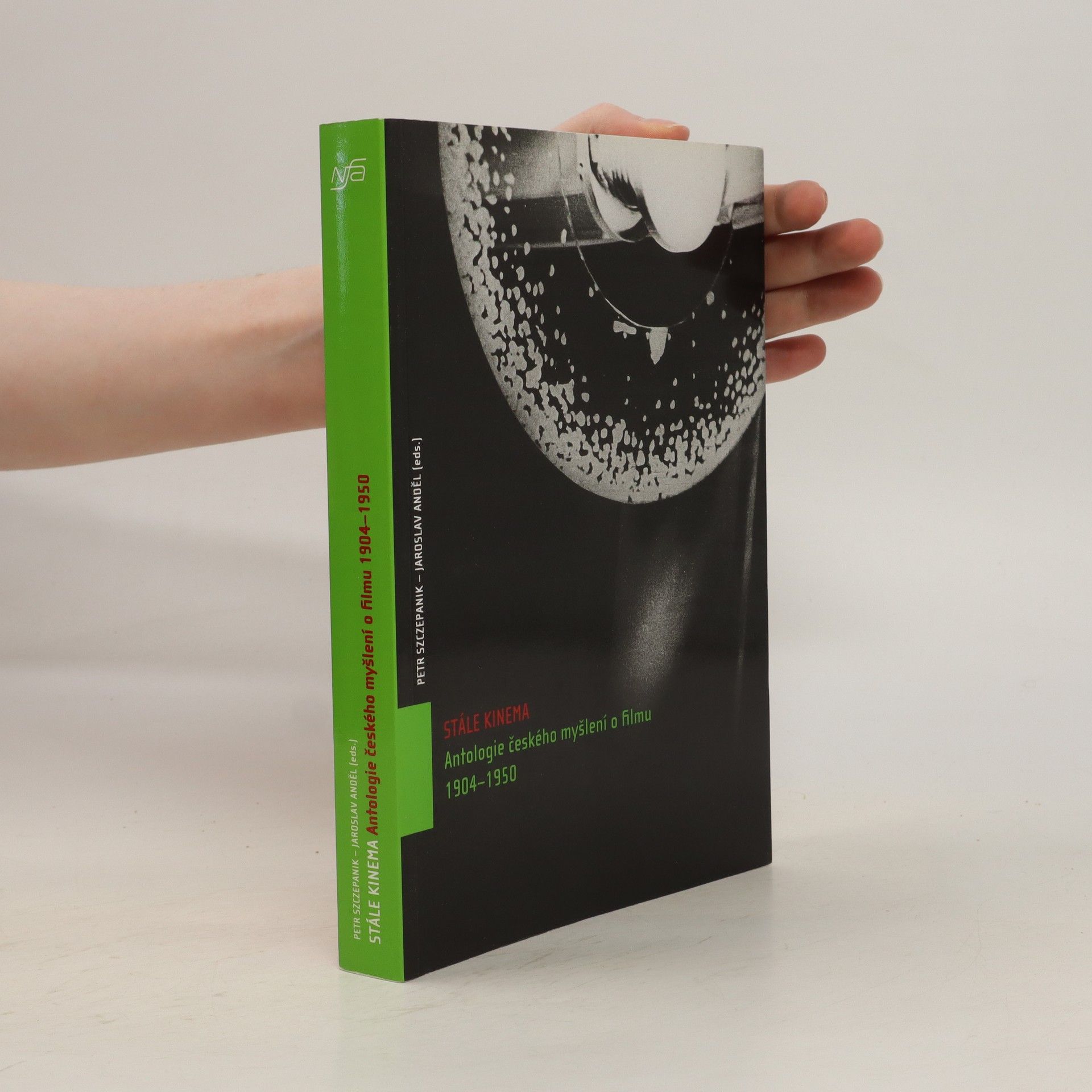

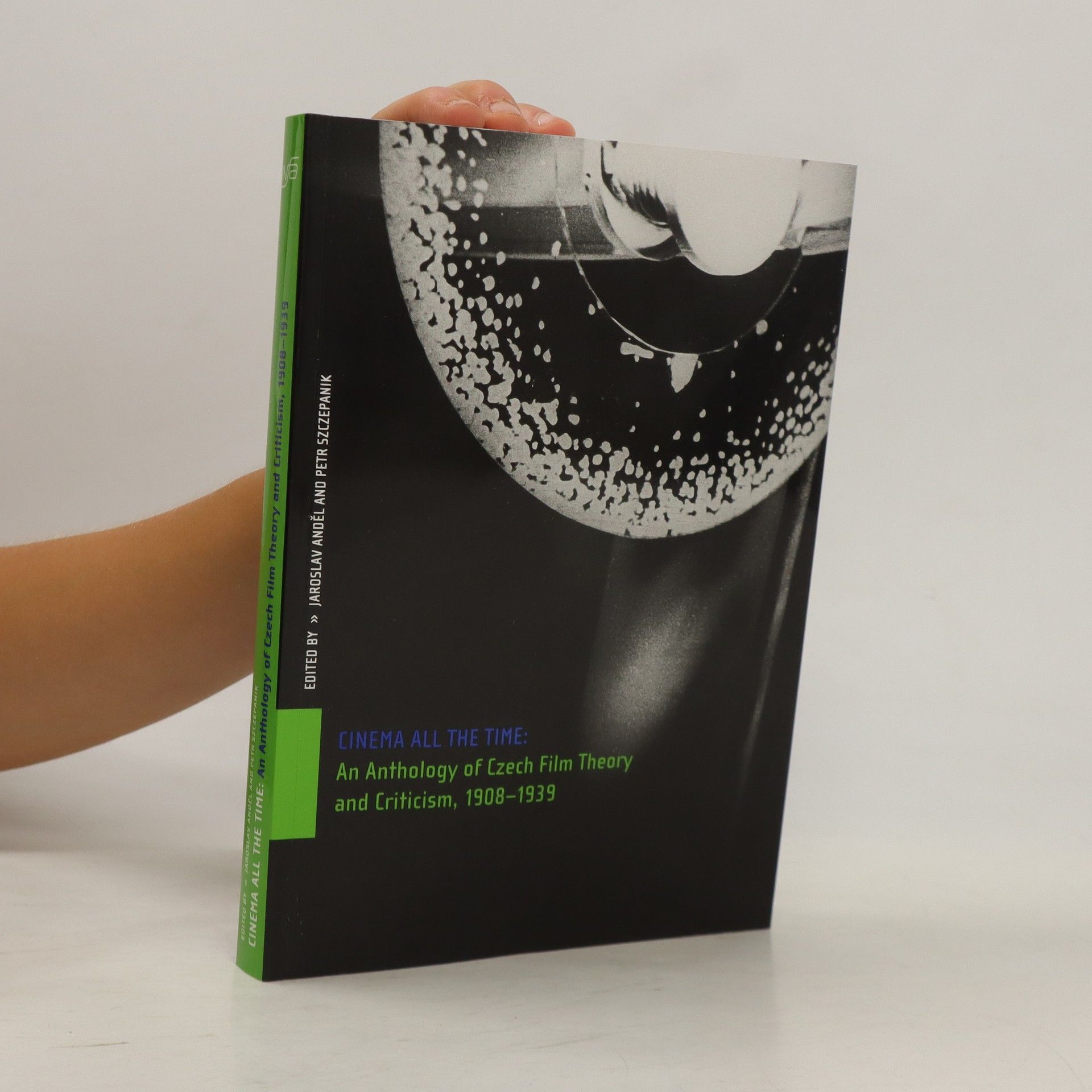
Uzlovým bodem ve vývoji elektroakustických médií 30. let, jenž v mnohém předznamenal mediální průmysl současnosti, byl nástup zvukového filmu. Tato kniha, navazující na tzv. novou filmovou teorii a archeologii médií, jej zkoumá jakožto nejvýznamnější strukturní transformaci československé kinematografie, jež předcházela znárodnění. Namísto filmů jako uměleckých děl nebo režisérů jako jejich autonomních tvůrců si všímá celé kinematografické „instituce“ zahrnující organizaci produkce, distribuce a kin, stejně jako podmínky každodenní zkušenosti publika. Tím, že klade důraz na hybridní povahu rodícího se média, vrací zvukový film zpět mezi jeho původní rivaly a souputníky – populární hudbu, rozhlas a gramofon
Konzervy se slovy
- 526 pages
- 19 hours of reading
Uzlovým bodem ve vývoji elektroakustických médií 30. let, jenž v mnohém předznamenal mediální průmysl současnosti, byl nástup zvukového filmu. Tato kniha, navazující na tzv. novou filmovou historii a archeologii médií, jej zkoumá jakožto nejvýznamnější strukturní transformaci čs. kinematografie, jež předcházela znárodnění. Namísto filmů jako uměleckých děl nebo režisérů jako jejich autonomních tvůrců si všímá celé kinematografické "instituce" zahrnující organizaci produkce, distribuce a kin, stejně jako podmínky každodenní zkušenosti publika.
This anthology assembles some of the earliest Czech texts on film published in the period between 1908 and 1939, i.e., between the rise of art cinema and the outbreak of World War II, writings that were instrumental in shaping the various ways film was seen and understood in this formative period. The authors include scientist Jan Evangelista Purkinje, whose studies of the perception of movement from 1819 and 1820 laid the foundation for the rise of the cinematic apparatus, and writers and critics Vaclav Tille and Karel Capek, who, years before their counterparts abroad, analyzed cinematic language as it was emerging, reflecting on its geneology, genres, and future development.
Kinematografie se ve zpětném pohledu jeví jako nejvlivnější médium minulého století, zejména v jeho první polovině. Tento zájem o počátky filmového myšlení, v němž významně figurovali čeští autoři, se odráží v antologii, která mapuje proměny českého myšlení o filmu od roku 1904 do 1950. Toto období zahrnuje nástup hraných filmů a veřejnou debatu o jejich kulturním významu až po zrušení Československého filmového ústavu. První polovina 20. století byla obdobím formování kinematografie jako masového média a nástroje státní propagandy. Psaní o filmu tehdy nebylo běžnou součástí kulturního provozu, přesto ovlivňovalo vnímání tohoto nového média. Autoři z různých oborů, jako estetici, kritici či režiséři, přispěli k rozvoji filmové teorie. Někteří, jako Karel Čapek a Karel Teige, dosáhli mezinárodního uznání. Cílem knihy není oslava známých osobností, ale prezentace komplexního obrazu psaní o filmu jako diskurzivního pole, kde se střetávaly různé vlivy a vznikaly novátorské myšlenky. Tyto myšlenky, ovlivněné tradicemi z různých zemí a oborů, ukazují film jako médium, které transformuje subjektivní zkušenost a kulturní hodnoty. Antologie se zaměřuje na texty, které reflektují vývoj filmu jako média a sociální instituce, a ukazuje, jak film boří hierarchie kulturních hodnot.
Tvořivé zrady
- 500 pages
- 18 hours of reading
Tato antologie zahrnuje studie od šedesátých let až po nedávné práce, které se od filmu odklánějí k jiným audiovizuálním médiím a kulturním formám. Celkem sedmnáct textů od patnácti autorů uspořádali editoři Petr Mareš a Petr Szczepanik, kteří předložili analytickou studii o historickém vývoji filmové problematiky v Polsku, doplněnou rozsáhlým soupisem citované literatury. Antologie poskytuje přehled nejdůležitějších přístupů v polské teorii a historii filmu a audiovizuální kultury. Tento obor byl v Polsku tradičně rozvinutější než v jiných zemích bývalého sovětského bloku a udržoval kontakt s vývojem na Západě i za socialistického režimu. Cílem výběru je zachytit změny v polské odborné reflexi audiovizuálních médií po krizi obecných teoretických systémů, které se snažily uchopit podstatu filmu jako ahistorickou strukturu. Na přelomu 80. a 90. let 20. století se badatelé začali přiklánět k historičtějším a analytičtějším výzkumům a zasazování filmu do širších kulturních kontextů. Nové tendence zahrnují teorii intermediality, populární kultury, gender studies a kognitivismus, zatímco starší přístupy jako antropologie audiovizuální kultury dostaly nový směr. Polské myšlení o filmu se systematičtěji snaží o uplatňování nových metod humanitních věd, což činí jejich texty inspirativními pro odborníky, studenty i diváky.
Nová filmová historie
Antologie současného myšlení o dějinách kinematografie a audiovizuální kultury
- 528 pages
- 19 hours of reading
Antologie Nová filmová historie nabízí odpovědi na některé základní otázky historie filmu, médií a audiovizuální kultury. Cílem knihy je představit českému čtenáři obor filmových studií jako rovnocenného partnera ostatních společenských věd. K tomu má sloužit výběr vzorových textů reprezentujících nejdůležitější současné myšlenkové proudy a osobnosti filmové historiografie. Tyto proudy lze schematicky označit třemi termíny: nová filmová historie, socio-kulturní historie kinematografie a archeologie médií. Vybrané texty se seskupují do pěti skupin s pěti tématy: teorie filmové a mediální historiografie, raná kinematografie, přechod mezi klasickým a postklasickým filmem, filmový zvuk, intermedialita a dějiny médií.

